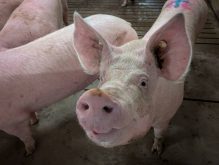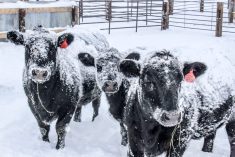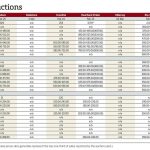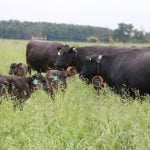The new Canada-U.S.-Mexico Agreement (CUSMA), a free trade deal set to replace NAFTA, includes language meant to block any future bids at a trade-disrupting country-of-origin labeling (COOL) law.
The new clause would, in theory, checkmate a move made last summer by some Democrat members of the U.S. House of Representatives to have a new North American free trade pact revive the COOL meat-labeling program the Obama administration halted in 2015.
The three countries signed off on revisions made to the 2018 CUSMA pact at a Dec. 10, 2019 ceremony in Mexico City. The House of Representatives on Dec. 19 passed the revised version of CUSMA by a 385-41 vote. The deal is now before the U.S. Senate for consideration.
Read Also
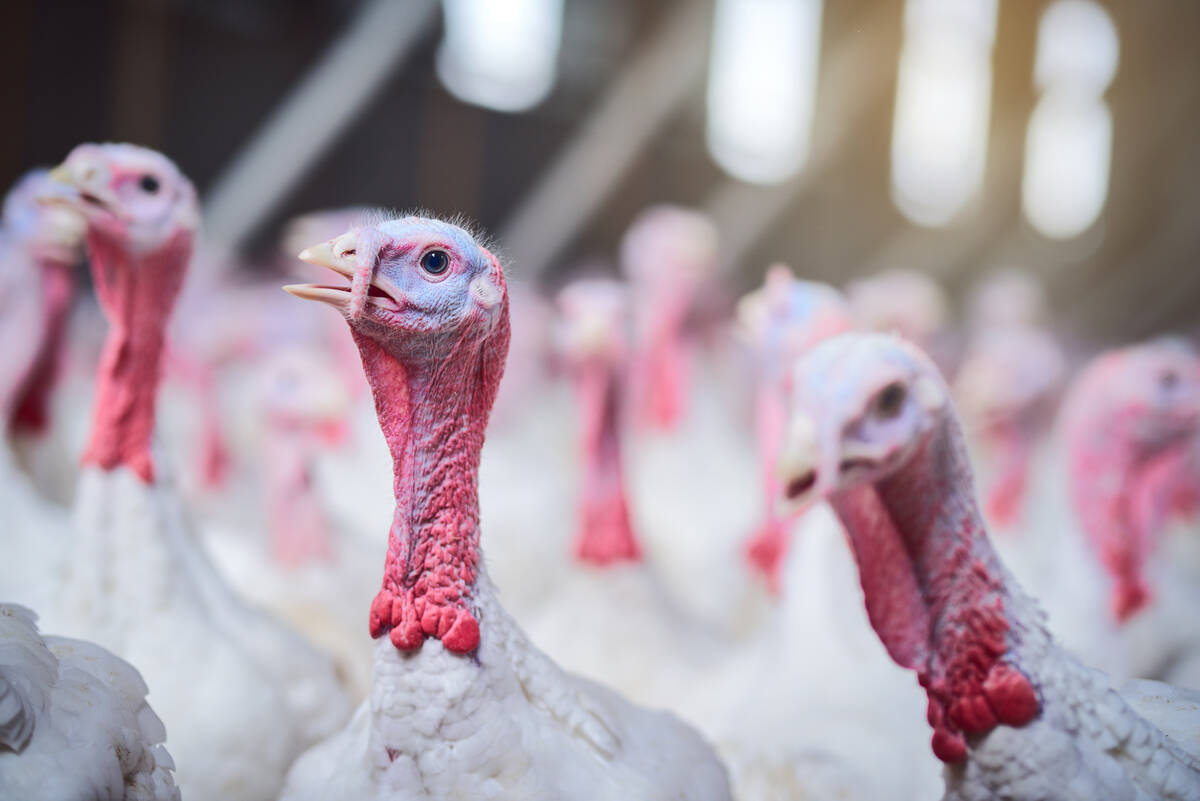
Britain launches bird flu vaccine trials in turkeys
Britain has begun targeted bird flu vaccine trials in turkeys, the government said on Thursday, marking a shift in its approach to controlling the disease that has ravaged flocks and pushed some countries to adopt the technique to help reduce losses.
The revised CUSMA, as passed in the House, does include several other changes that had been sought by the House’s Democrat majority in the year since the Trump administration reopened and secured changes to the 36-year-old NAFTA pact.
Mexico’s Senate has already approved the revised pact, which still must also pass Canada’s Parliament.
In a statement via email on Dec. 19, an Agriculture and Agri-Food Canada spokesperson said Ottawa “will continue to defend Canadian agricultural producers against any discriminatory labelling requirements that may contravene international trade obligations.”
That said, the AAFC spokesperson also noted the new CUSMA pact as approved by the House of Representatives “contains language that prohibits discriminatory labelling requirements.”
The revised pact’s text requires each party to the CUSMA deal to ensure regulations on labels “accord treatment no less favourable than that accorded to like goods of national origin.”
Any rules on labeling that the CUSMA nations impose in the future also must “not create unnecessary obstacles to trade between the parties.”
The revised CUSMA pact specifies that the language on labeling is included “in order to avoid disrupting North American trade” and is in keeping with the three countries’ obligations on technical barriers to trade (TBT).
The chance of a COOL law turning up in CUSMA appeared last summer when a group of House Democrats — among them high-profile rookie members such as Ilhan Omar, Rashida Tlaib , Conor Lamb and Alexandria Ocasio-Cortez — wrote jointly to U.S. Trade Representative Robert Lighthizer about CUSMA in June.
Their letter sought COOL’s revival as part of CUSMA, along with other changes to the pact’s labour, environment and pharmaceutical provisions.
Lost sales
COOL wasn’t part of the original NAFTA but was developed during the Clinton administration, passed near the end of the George W. Bush administration in 2008 and implemented during the Obama administration in 2009.
COOL imposed mandatory origin labels for beef, pork, lamb, chicken and goat meat and certain other perishable commodities where sold at retail in the U.S.
Canada and Mexico challenged COOL through U.S. courts and the World Trade Organization, because its rules, strictly applied, called for U.S. processors of meat from imported animals to provide labels that detailed where the specific animals involved were born, raised and slaughtered.
The costs involved in segregating animals and production lines to follow the label law prompted some U.S. packers and processors to restrict or halt their imports or cut the prices they paid for Canadian cattle and hogs.
Some estimates pegged Canadian cattle and hog producers’ losses to reduced prices and lost sales at over $8 billion.
After the WTO ruled in 2015 that COOL violated the United States’ international trade obligations, the Obama administration opted to repeal the label rules on beef and pork rather than face retaliatory tariffs from Canada and Mexico on U.S. goods. — Glacier FarmMedia Network






